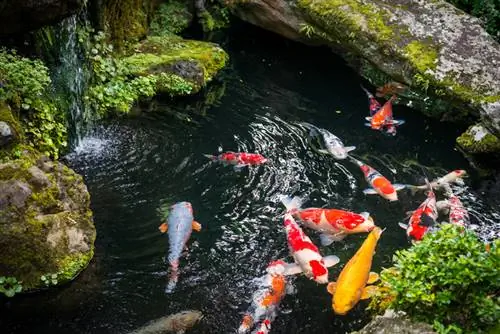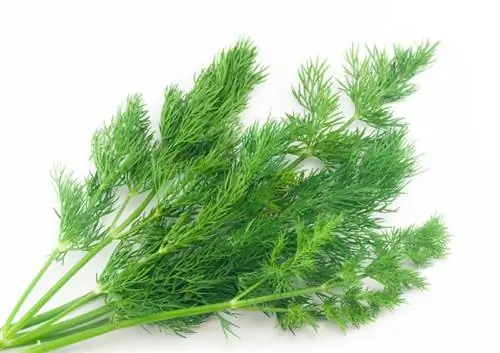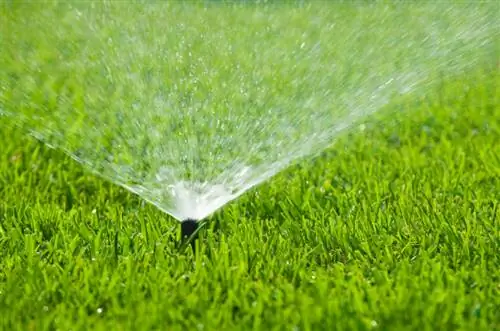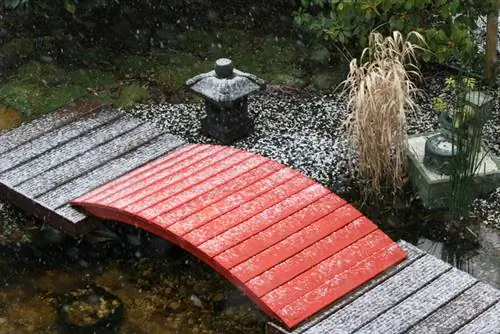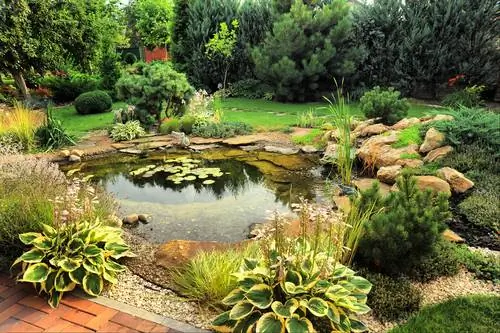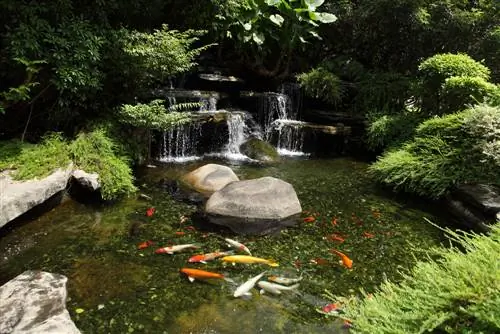- Author admin leonars@hobbygardeners.com.
- Public 2023-12-16 16:46.
- Last modified 2025-01-23 11:21.
When it comes to pond filters and correct operation, there are often many uncertainties. A question that comes up again and again is how long you should let the pond filter run. You will find a detailed answer to this question in our article.
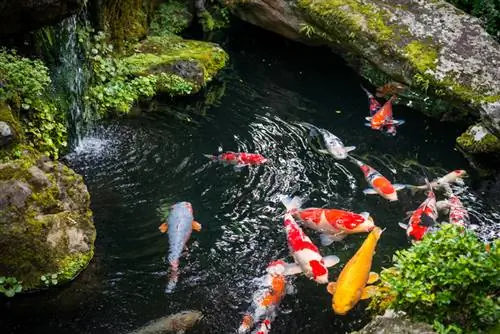
How long should you run a pond filter?
Pond filters should run continuously to keep the bacteria resident in the filter alive, which are essential for cleaning. Bacteria die after about two hours without oxygen supply, which affects the cleaning result.
How a pond filter works
In order to find a conclusive answer to the question, you first have to look at how a pond filter (UVC technology) works.
The purification of the water is done here in two parts:
- on the one hand through a coarse filter/pre-separator
- on the other hand, through bacteria that break down substances and convert nitrite into nitrate
If you switch off the filter for a certain time, the bacteria that do the cleaning no longer receive oxygen (which gets to the bacteria through the water flushed into the filter) and the bacteria die.
The result is that when the filter is switched on again, the bacterial culture has to re-form and recover. This takes a certain amount of time - and until then the cleaning result is significantly worse.
In addition, new, anaerobic (that do not require oxygen) bacteria settle as replacements, and unpleasant foul gases can arise.
It is generally assumed that existing bacteria die after around 2 hours without oxygen supply. For this reason, filters should run permanently.
Cost question
Of course, if you go through the filter, the electricity costs will also be reflected accordingly. That should not be underestimated. Anyone who has concerns here should particularly think about natural alternatives.
Ponds without fish generally do not need any filtering, as microorganisms, microorganisms and plankton in the water ensure that the pond is “naturally” cleaned. If the pond is then cleaned twice a year (in autumn and in spring before the start of the pond season) that should be enough. However, if the filter is removed, it may take some time until a natural balance is restored.
Tip
An alternative, for example, is a plant filter. There are also other filter options, but as already mentioned, a natural pond should usually achieve a balance on its own anyway.

